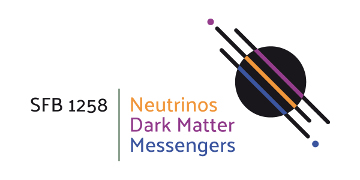The IceCube Neutrino Observatory, the Antarctic neutrino detector that identified the first likely source of high-energy neutrinos and cosmic rays, is getting an upgrade. Seven strings of optical modules will be inserted at the bottom center of the 86 existing strings, adding more than 700 new,…
Read more
